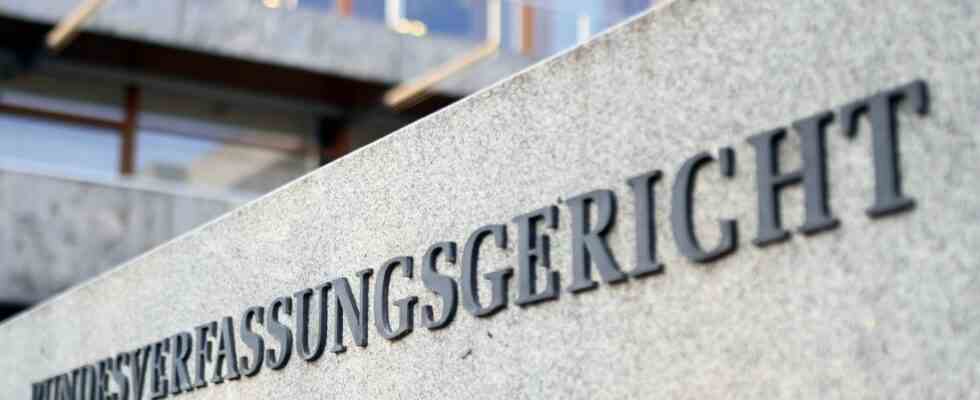Cum-ex deals have long been a major source of returns in the financial industry. Tax investigators estimate that banks and other players have made stock transactions easier for the tax authorities by more than ten billion euros over the years. It wasn’t until 2012 that lawmakers ended the deals, prosecutors began investigations, and much later courts ruled that the deals were illegal and punishable by law. But the money was gone.
Since then, the tax authorities have been trying to recover the many billions of euros that the banks, lawyers and stock exchange managers involved in the deals cheated them out of. A recent decision by the Federal Constitutional Court is just right for the tax authorities: The second chamber of the second Senate has decided that the judiciary can also recover money from the cum-ex actors if the cases are actually already statute-barred under tax law (AZ: 2BvR 2194 /21). The Constitutional Court in Karlsruhe has thus confirmed the previous line of the Bonn Regional Court and the Federal Court of Justice.
The present case concerns the Hamburg private bank Warburg, which, according to the findings of the Cologne public prosecutor and the Bonn district court, was involved in cum-ex share deals for years. In these transactions, numerous banks from Germany and abroad, together with other financial companies and tax lawyers, systematically deceived the tax authorities when trading shares with (Cum) and without (Ex) dividends and had a tax on dividend income that had been paid once or not at all reimbursed several times . This was made possible by a loophole in the law, but was still illegal. The federal government at the time stopped the scam in 2012. In the meantime, the district court in Bonn has heard several cases and sentenced various managers to penalties. The Federal Court of Justice also ruled that cum-ex transactions were punishable.
Outstanding “Concerns of the Common Good”
The Bonn Regional Court also ordered Warburg to pay back 176 million euros to the state. The bank still denies that they wanted to exempt the tax authorities – but has met demands from the tax authorities in the hundreds of millions. Nevertheless, Warburg resisted the order of the Bonn Regional Court and went as far as the Federal Constitutional Court. There, the bank relied on the principle that laws may not be changed retrospectively.
Warburg is referring to a change in the law from 2020. At that time, the federal government revised the regulations for confiscation so that the tax authorities can recover income from cum-ex transactions even if, as in the case of Warburg, it is already statute-barred are. This is an absolute exception – and the Federal Ministry of Finance originally took the view that the retroactive effect linked to a change in the law directed towards the past was unconstitutional. That was corrected afterwards.
In this case, outstanding “interests of the common good” would prevail and therefore a retroactive effect is in order, according to Karlsruhe.
The investigating authorities regard this decision as groundbreaking. “We can go very, very far back,” they say. Now you have legal certainty. Above all, the Cologne chief prosecutor Anne Brorhilker, who has been pushing numerous cum-ex investigations for years, can see herself confirmed. So far, Brorhilker has largely rejected quick agreements with banks that are involved in the tax scandal and that want to make their peace with the judiciary. She relies on investigating the cases.
In circles of lawyers who deal with cum-ex cases, there is talk of a “dam burst”. The Karlsruhe decision could result in “a lot of money being flushed back into the state coffers”. Another lawyer speaks of a “Sword of Damocles” now hanging over the many banks that were involved in the tax-driven stock deals.

